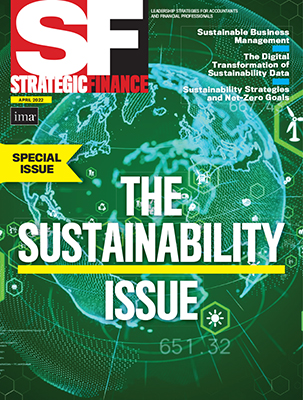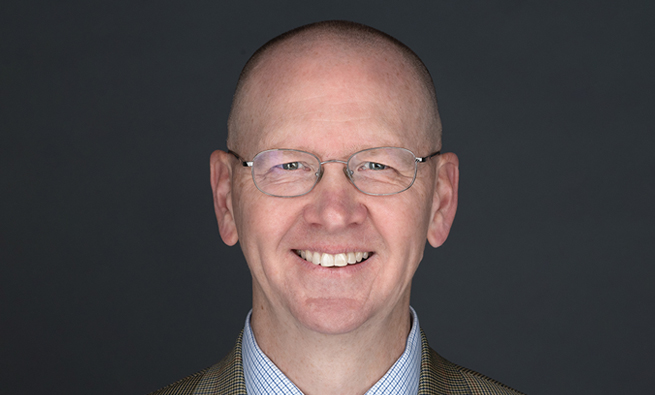In his role at the ASMC, which works to promote education, training, and certification; drive financial transformation; and uphold the highest ethical and professional standards, Brady represents more than 14,000 financial management professionals in the public and private sectors of the defense/aerospace industry. He also recently retired as a colonel in the U.S. Marine Corps after 32 years of service.
“I believe the key strengths I will bring to the position of Chair are a strategic mindset focused on posturing IMA for the future, sound leadership to guide the Global Board, and a passion for improving member value,” Brady said. “IMA Global Board members need to be focused on strategy, performance, and risk to identify opportunities, manage emergent challenges, and compete in a global operating space. I managed and led organizations at the tactical, operational, and strategic levels, both in the United States and overseas, throughout my Marine Corps career. I understand the importance of sound decision making based on data, while also recognizing that we increasingly operate in a volatile and uncertain world. It’s important that leaders bring order to chaos, maintain stability, align strategy to operations, and hold organizations true to their core values.”
An IMA member since 1999, Brady chairs IMA’s Global Markets Committee and is a member of IMA’s Governance Committee. He has been a member of the IMA Global Board of Directors since 2018 and has chaired the Performance Oversight and Audit Committee and the CEO/Executive Compensation Sub-Committee, and has been part of the Governance Task Force, the Strategic Planning Committee, and the Nominating Committee. Brady is also a member of the Stuart Cameron McLeod Society Board of Governors. He earned his CMA® (Certified Management Accountant) certification in 2008.
“One of my most meaningful experiences as an IMA member was serving on the Nominating Committee in 2018,” Brady said. “The Nominating Committee has the incredible responsibility of selecting board members who will lead the organization. This experience gave me the opportunity to speak with many IMA members, hear stories about their IMA journeys, and appreciate their passion for the IMA mission and organization. It allowed me to see, firsthand, the caliber of members and leaders we have in IMA, and how the CMA clearly made a difference in their careers. Working as a team, it enabled us to shape the future direction of IMA through the Global Board makeup, focusing on critical skills necessary to succeed in the future operating environment and balancing diversity, equity, and inclusion commitments to ensure the Global Board represents our global membership.”
Brady holds a bachelor of science degree in international business from Saint Louis University, a master of science in finance from the Naval Postgraduate School, and a master of science in strategic resource management from the National Defense University. He participated in the Executive Development Program at the Wharton School of the University of Pennsylvania.
Brady held a variety of roles throughout his military career, including a combat tour in Iraq and multiple tours in the Pentagon, and he was an accredited diplomat in the country of Georgia. As a financial management officer, he served as the commander/director of the Marine Corps Financial Management School and as the CFO of Marine Corps Installations Command. His last assignment was as the commander of the United States Military Entrance Processing Command.
“As IMA Chair, I would like to increase global member value,” Brady said. “IMA’s member composition is significantly different than it was just 10 years ago. IMA is now a truly global organization, with the majority of its members located outside the United States. IMA is still in the transition phase from being a U.S.-focused organization to a global organization, which requires broad changes in policies, processes, programs, organization, people, and, most importantly, mindsets. Improving global member value requires IMA to act globally but think locally. Every policy and program needs to be viewed through the lens of a global organization with the understanding of regional impacts, ensuring IMA maintains equity with all global members.”

April 2022



